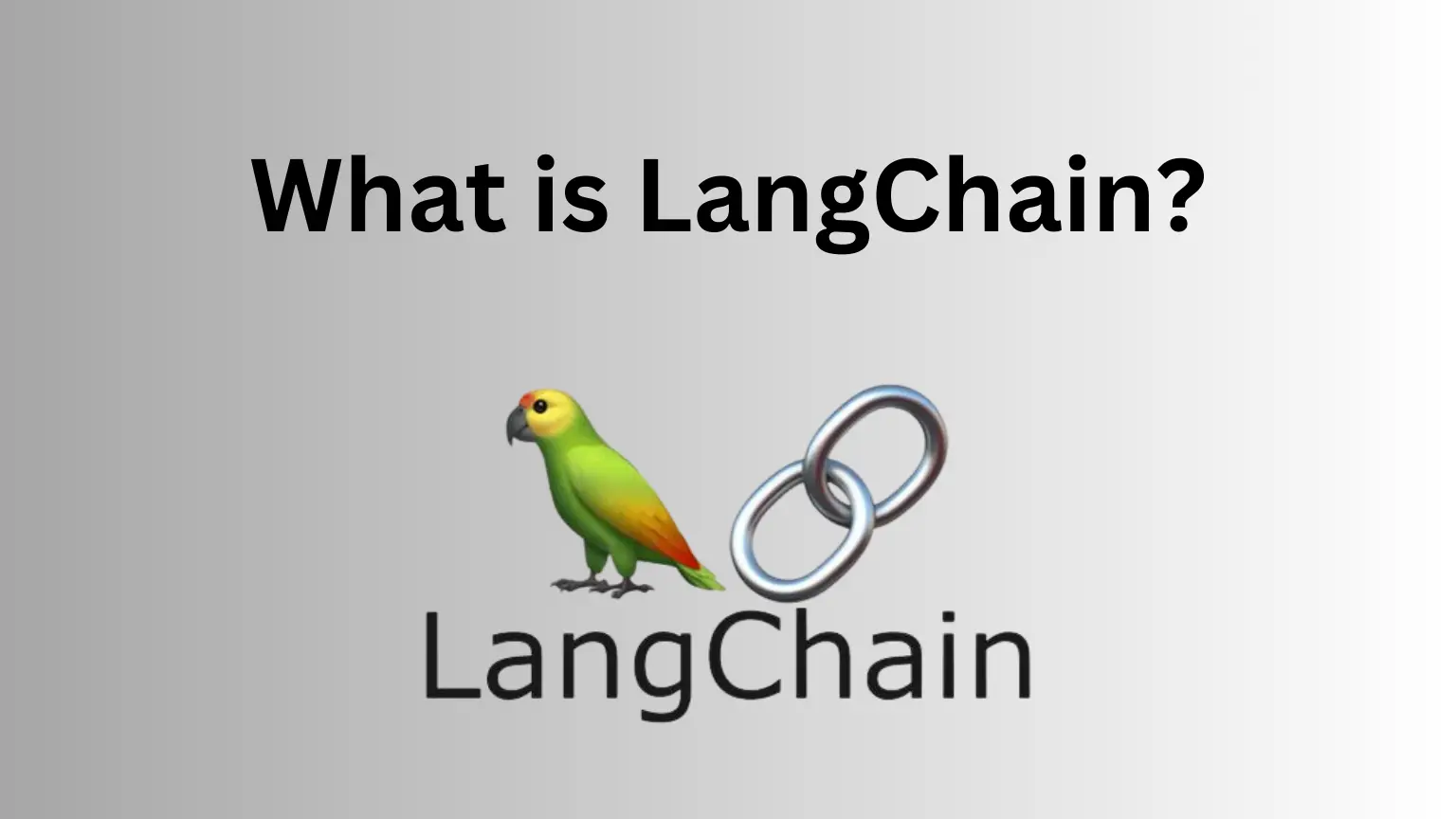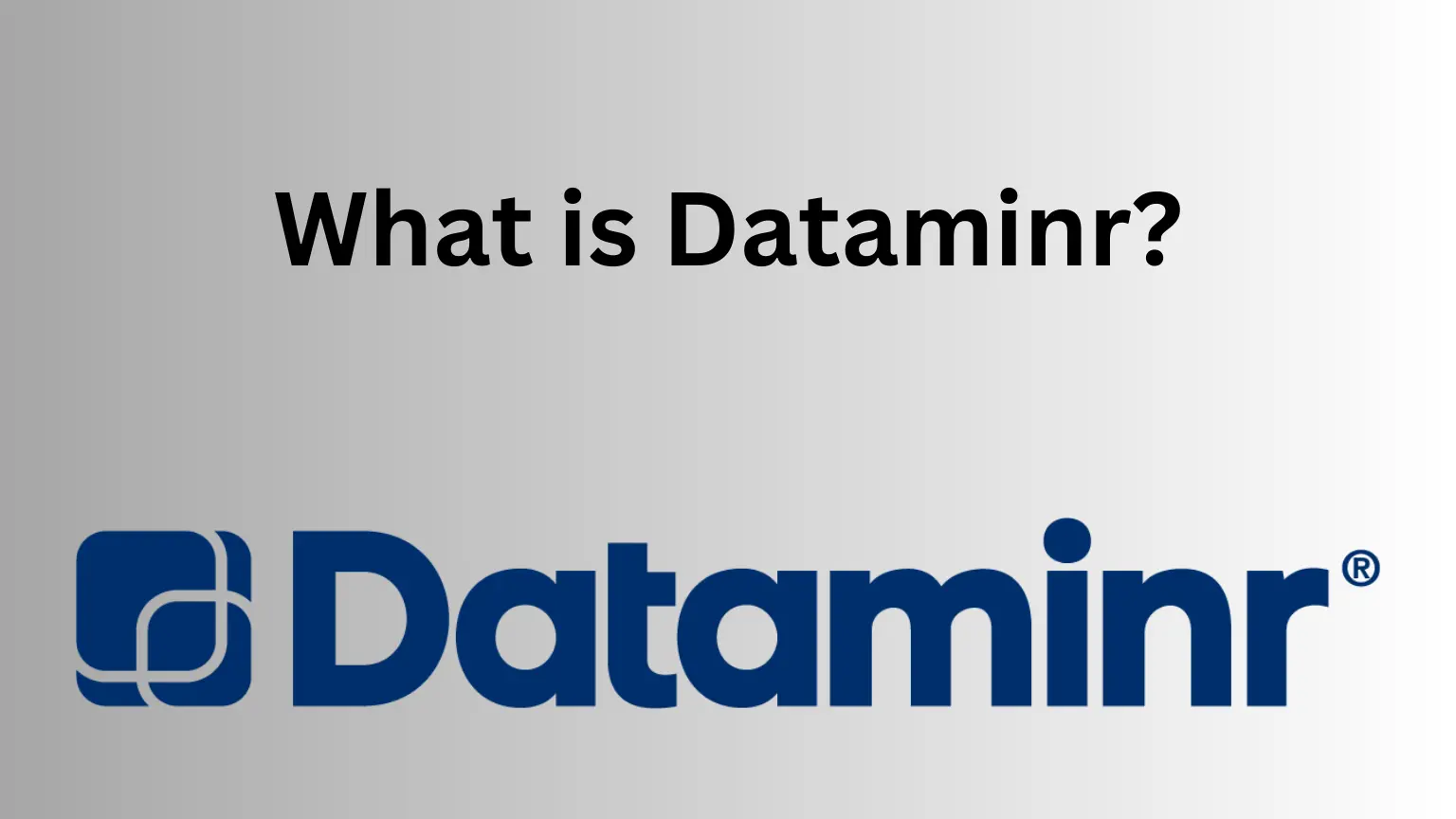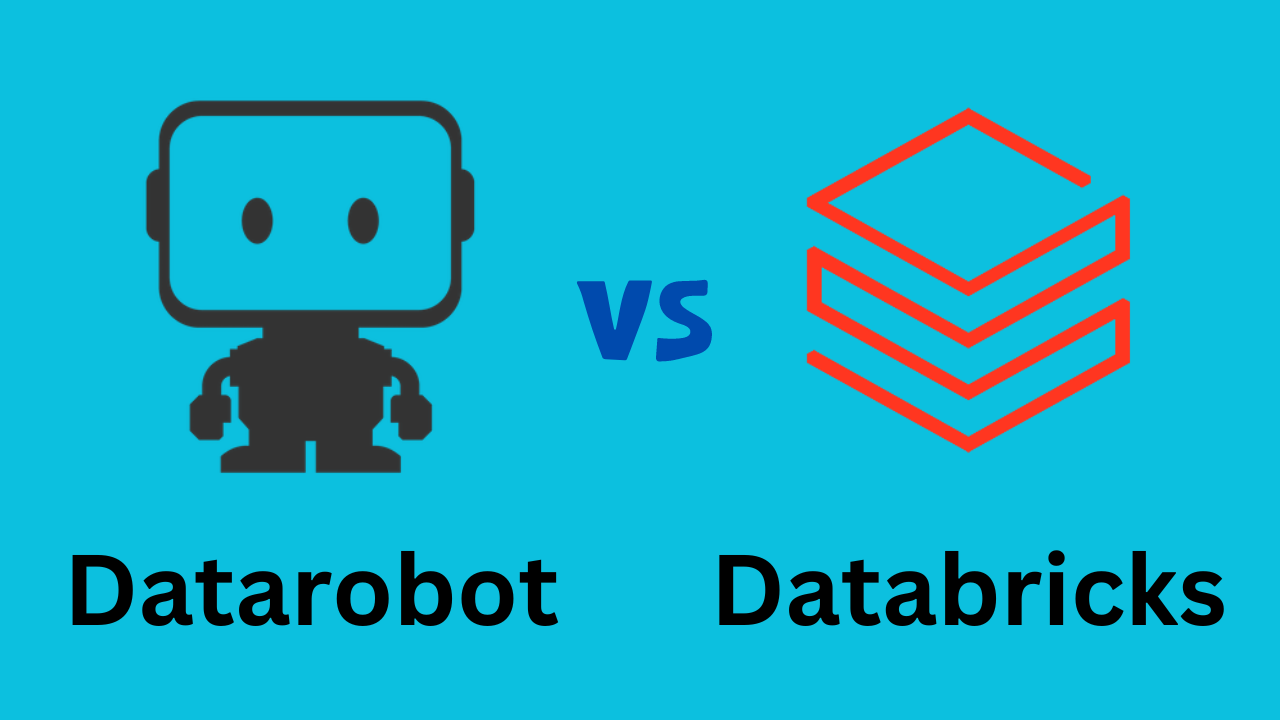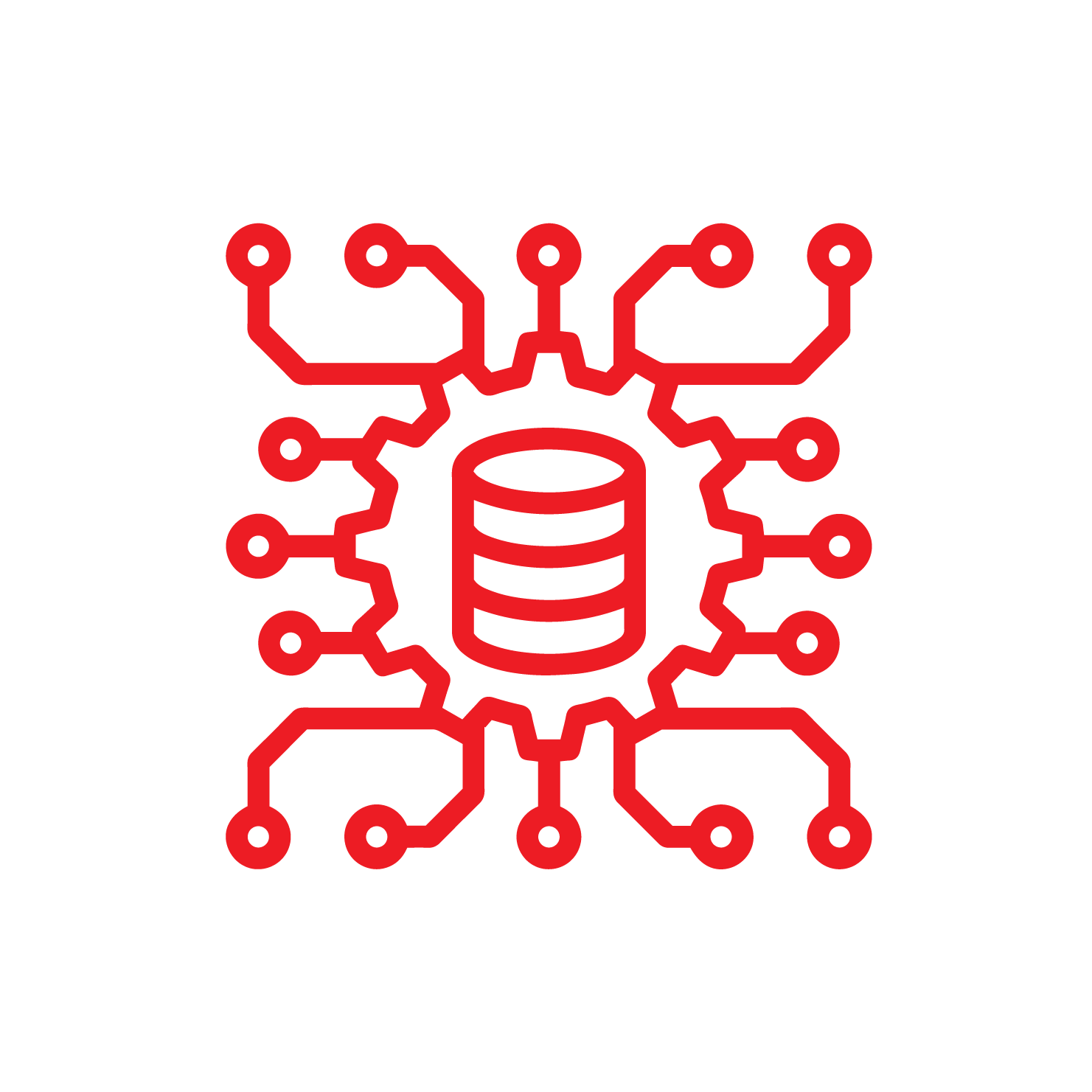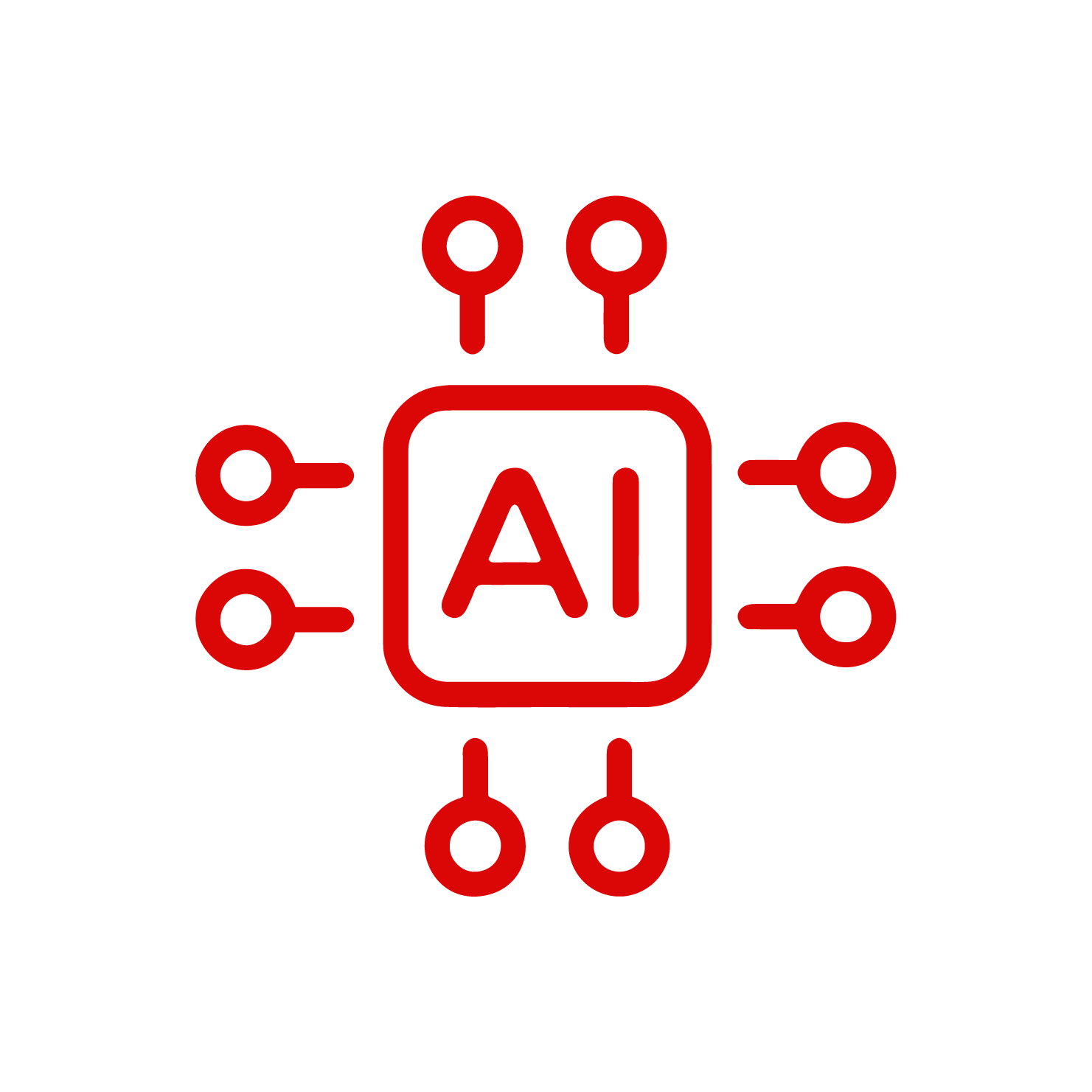Containerization has become a popular way to deploy and manage applications in the cloud. With containerization, developers can package their applications and dependencies into a single unit that can run consistently across different environments. However, managing containers at scale can be challenging, which is where container orchestration tools like OpenShift and Kubernetes come in. In this article, we will compare OpenShift vs Kubernetes to help you decide which one is better for your needs.
Keras vs PyTorch: An In-depth Comparison and Understanding
Understanding Kubernetes
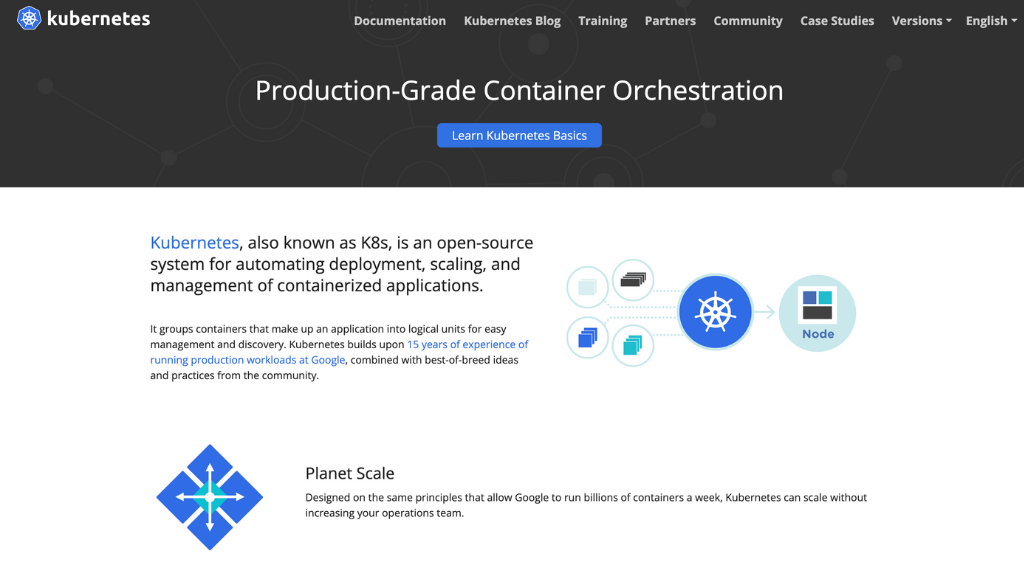
Kubernetes is an open-source container orchestration tool that was originally developed by Google. It provides a platform for automating the deployment, scaling, and management of containerized applications. Kubernetes has a large and active community of contributors, which has helped it become the de facto standard for container orchestration.
Understanding OpenShift
OpenShift is a container application platform that is built on top of Kubernetes. It provides additional features and tools to make it easier to deploy, manage, and scale containerized applications. OpenShift is developed and maintained by Red Hat, a leading provider of open-source software solutions.
OpenShift Vs Kubernetes
Architecture
Both OpenShift and Kubernetes are based on a similar architecture. They use a master-slave architecture, where the master node is responsible for managing the cluster and the worker nodes are responsible for running the containers. However, OpenShift provides additional features on top of Kubernetes, such as integrated CI/CD pipelines, built-in monitoring, and logging.
Ease of Use
OpenShift is designed to be easy to use, even for developers who are new to containerization. It provides a web-based console that allows you to manage your applications and infrastructure from a single interface. OpenShift also provides a number of pre-built templates and workflows that make it easy to get started with containerization.
Kubernetes, on the other hand, has a steeper learning curve. It requires a deeper understanding of containerization and networking concepts. However, Kubernetes provides more flexibility and control over your infrastructure, which can be beneficial for more complex applications.
Scalability
Both OpenShift and Kubernetes are designed to be highly scalable. They can scale up or down based on the demand for your applications. However, OpenShift provides additional features to make it easier to scale your applications. For example, it provides automatic load balancing and horizontal scaling, which can help you handle sudden spikes in traffic.
Security
Security is a critical concern when it comes to containerization. Both OpenShift and Kubernetes provide a number of security features to help protect your applications. For example, they both provide role-based access control, network policies, and container isolation. However, OpenShift provides additional security features, such as integrated image scanning and compliance reporting, which can help you identify and address security vulnerabilities in your applications.
JSON vs CSV: A Comparative Analysis of Data Formats
Community Support
Kubernetes has a large and active community of contributors, which has helped it become the de facto standard for container orchestration. This means that there are many resources available for learning and troubleshooting Kubernetes. OpenShift also has a community of contributors, but it is smaller than Kubernetes. However, OpenShift provides premium support options, which can be beneficial for organizations that require additional support.
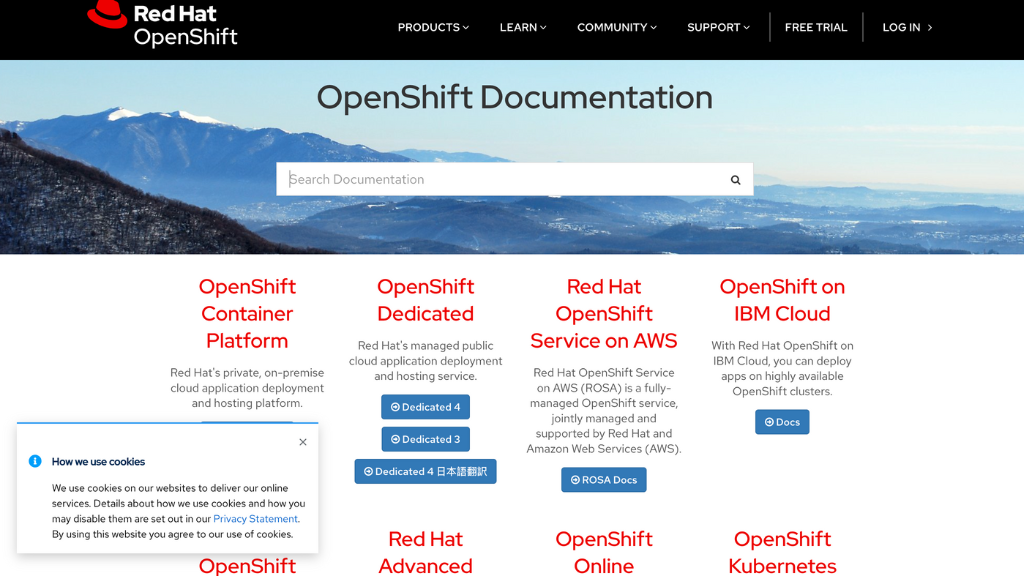
Infrastructure Support
Both OpenShift and Kubernetes can be hosted on bare metal servers or in the cloud. They both support all major cloud providers, such as AWS, GCP, and Azure. However, Kubernetes requires some custom configuration, such as ingresses, that needs to be set up even when using managed services. OpenShift has its own pre-configured routes for routing public traffic to inside the containers.
Cost
Both OpenShift and Kubernetes are open-source tools, which means that they are free to use. However, there may be additional costs associated with using these tools, such as hosting fees, support costs, and licensing fees for third-party tools. OpenShift provides a subscription model, where the cost increases with the complexity of your infrastructure. Kubernetes can be used with managed services from cloud providers, which can help reduce costs.
Conclusion
oth OpenShift and Kubernetes are powerful container orchestration tools that can help you deploy, manage, and scale containerized applications. However, they have different strengths and weaknesses, which make them better suited for different use cases. OpenShift is designed to be easy to use and provides additional features for security and scalability. Kubernetes provides more flexibility and control over your infrastructure, but has a steeper learning curve. Ultimately, the choice between OpenShift and Kubernetes depends on your specific needs and requirements.
What are the benefits of using OpenShift over Kubernetes
OpenShift provides additional features and capabilities on top of Kubernetes, such as integrated CI/CD pipelines, built-in security, and multi-tenancy support.
What are the benefits of using Kubernetes over OpenShift?
Kubernetes is a more lightweight and flexible platform that allows for greater customization and control over the deployment and management of containerized applications.
Is OpenShift based on Kubernetes?
Yes, OpenShift is based on Kubernetes and extends its capabilities with additional features and capabilities.
Which one is better for beginners, OpenShift or Kubernetes?
OpenShift is designed to be easy to use, even for developers who are new to containerization. It provides a web-based console that allows you to manage your applications and infrastructure from a single interface.
Which one is better for cloud environments, OpenShift or Kubernetes?
Both OpenShift and Kubernetes can be hosted on bare metal servers or in the cloud. They both support all major cloud providers, such as AWS, GCP, and Azure.


